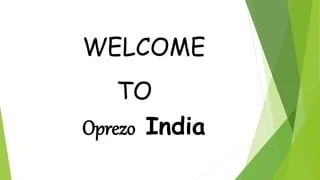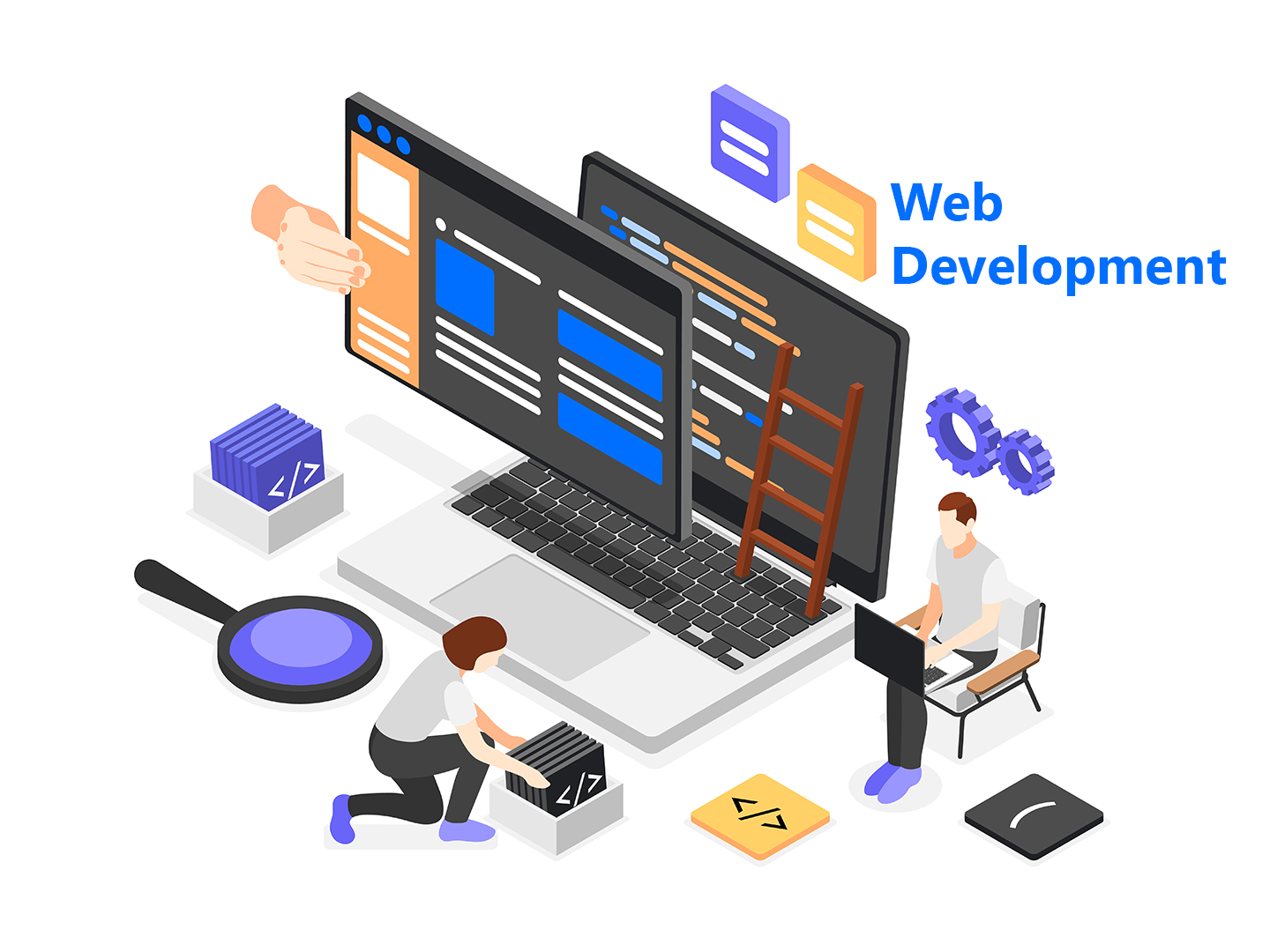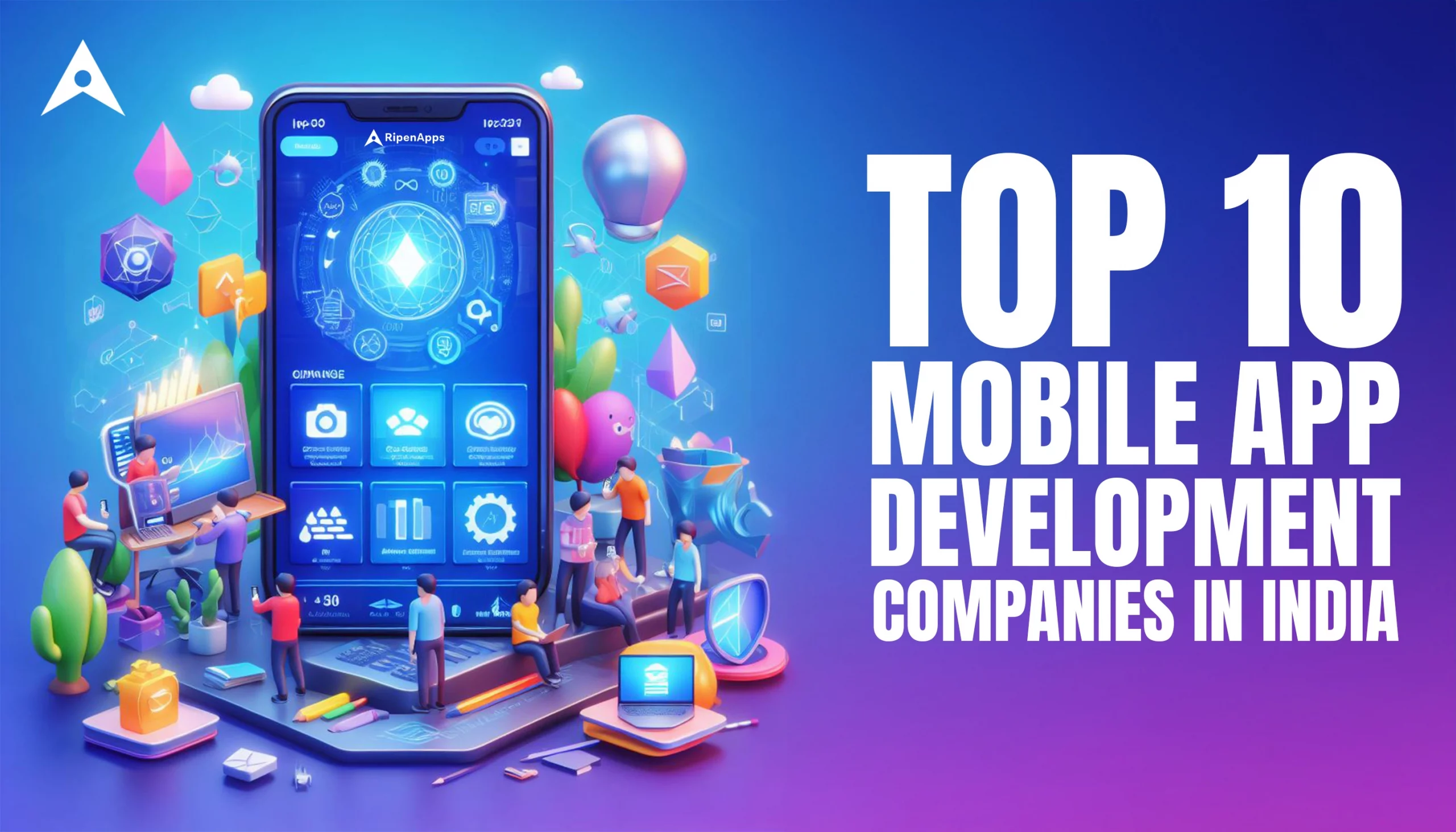
Introduction
.NET is a versatile and widely adopted framework developed by Microsoft, used for building a variety of applications including web, mobile, desktop, and IoT solutions. For beginners looking to delve into the world of development, .NET provides a comprehensive ecosystem. With Oprezo India’s curated resources, learning .NET becomes simpler, allowing you to build efficient applications and progress your career in software development.
.NET is a free, cross-platform framework that supports the creation of applications for different platforms like Windows, macOS, and Linux. It uses languages like C#, F#, and Visual Basic, making it ideal for developers interested in enterprise-level projects. .NET comes in two major flavors:
The .NET ecosystem is widely used for building scalable and high-performance applications in web development, enterprise solutions, cloud computing, and more.
To get started with .NET, follow these steps to set up your development environment:
Download and Install .NET SDK: Visit the .NET website to download the latest SDK. The SDK allows you to develop, build, and run .NET applications.
Choose an IDE: You can write .NET code in various IDEs, but Visual Studio is the most popular choice for .NET development. Visual Studio Code is also widely used for lighter, cross-platform development.
Once your environment is set up, you can start building your first .NET applications.
For beginners, learning C# (pronounced C-Sharp) is essential as it is the most widely used language in .NET development. Here are some basic concepts to focus on:
Variables and Data Types: Learn how to declare variables and use different data types like int, string, bool, and more.
Control Structures: Understand loops (for, while), conditional statements (if-else), and how they control the flow of your programs.
Classes and Objects: Learn object-oriented programming (OOP) concepts like classes, objects, inheritance, and polymorphism, which are foundational in C#.
Methods and Properties: Methods (functions in other languages) are blocks of code that perform specific tasks. Properties are used to encapsulate fields in a class.
Resources:
After learning the basics of C#, the next step is to explore ASP.NET, a framework used for building web applications:
ASP.NET MVC: A design pattern that separates an application into three main components: Model, View, and Controller. It’s widely used in web application development for better organization and scalability.
ASP.NET Core: A cross-platform version of ASP.NET that allows you to build modern web applications and services. It’s lightweight, high-performance, and ideal for cloud-based applications.
With ASP.NET, you can build dynamic web pages, APIs, and web services with ease. Beginners should start by creating simple web apps, understanding routing, and working with controllers and views.
Once you understand the basics of C# and ASP.NET, it's time to build your first project. Here are a few beginner-friendly projects:
Console Application: Start with a simple C# console application to practice basic input/output operations, loops, and functions.
Web App with ASP.NET: Create a basic web application using ASP.NET Core. This will help you understand the fundamentals of web development using .NET.
To-Do List App: Build a simple CRUD (Create, Read, Update, Delete) application using ASP.NET MVC. This project introduces the MVC pattern and database integration.
Building projects like these will help you solidify your understanding of the .NET framework and improve your problem-solving skills.
.NET Core is the modern, cross-platform framework in the .NET ecosystem. It is ideal for developing applications that need to run on multiple operating systems like Windows, macOS, and Linux. As a beginner, learning .NET Core is important as it is the future of .NET development.
Features of .NET Core:
.NET comes with a rich set of libraries and tools to enhance productivity and simplify development. Here are some essential libraries and tools for beginners:
Entity Framework Core: A popular ORM (Object-Relational Mapping) tool for working with databases. It allows developers to interact with databases using C# code rather than SQL queries.
NuGet: The package manager for .NET, which allows you to easily add third-party libraries to your projects.
LINQ (Language Integrated Query): A powerful tool that allows you to query and manipulate data from arrays, lists, XML, databases, and other data sources directly within C#.
By familiarizing yourself with these tools and libraries, you’ll be able to handle more complex projects and develop more efficiently.
Microsoft Learn .NET: The official Microsoft Learn platform offers interactive tutorials and documentation to help beginners get started with .NET development.
Pluralsight .NET Path: Pluralsight provides a detailed learning path for .NET beginners, covering topics from C# basics to advanced .NET Core concepts.
Udemy: There are several beginner-friendly .NET courses on Udemy, such as “C# Basics for Beginners” and “ASP.NET Core for Beginners.”
YouTube Channels: Channels like “freeCodeCamp” and “Traversy Media” offer free tutorials on C# and ASP.NET.
As you start building applications, learning how to debug and test your code is essential:
Visual Studio Debugger: Visual Studio has a powerful debugger that allows you to set breakpoints, inspect variables, and step through your code to find issues.
Unit Testing: Writing tests using xUnit or NUnit will help ensure your code runs correctly. Testing is an important skill for building reliable software.
.NET is a powerful framework for building robust, scalable applications, and it is an excellent choice for beginners due to its extensive documentation and community support. Oprezo India’s curated resources make it easier for aspiring developers to learn the basics of .NET, build real-world projects, and start their journey toward becoming proficient .NET developers. Whether you're interested in web development, desktop apps, or enterprise solutions, .NET is a versatile tool that can help you achieve your goals.
 Best Mobile App Development Company in Delhi NCR | Oprezo India
Best Mobile App Development Company in Delhi NCR | Oprezo India
 Top Web Development Services in Delhi/NCR | Oprezo India – React JS, Angular JS, eCommerce & More
Top Web Development Services in Delhi/NCR | Oprezo India – React JS, Angular JS, eCommerce & More
 Top Mobile App Development Company in Delhi / NCR | Oprezo India
Top Mobile App Development Company in Delhi / NCR | Oprezo India
 Mobile App Development in Delhi - Android, iOS, Hybrid & Flutter | Oprezo India
Mobile App Development in Delhi - Android, iOS, Hybrid & Flutter | Oprezo India
 Why Oprezo India is the Best Web Development Partner in Delhi NCR?
Why Oprezo India is the Best Web Development Partner in Delhi NCR?